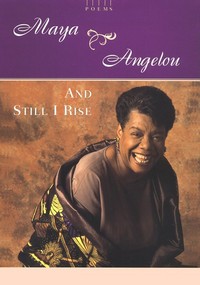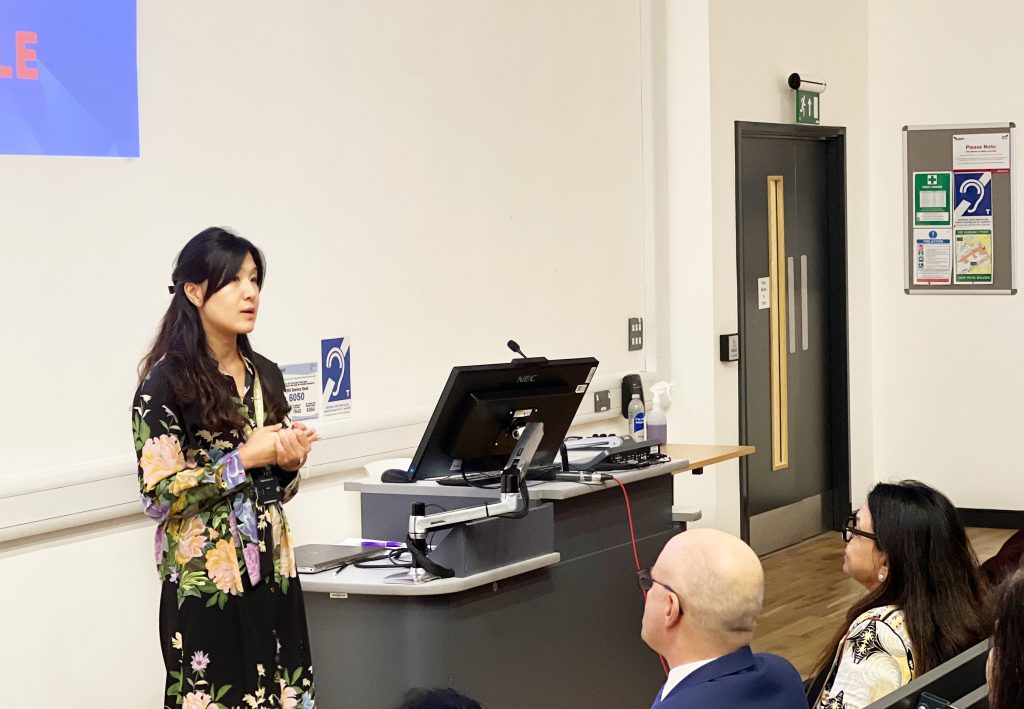
The Carbon Literacy Training is a fun and interactive training session that enables participants to better understand the climate emergency and to develop meaningful plans to play their part in combatting climate change. The training is available for DMU staff and students. The course provides a basic understanding of climate science, an understanding of carbon footprints, an explanation of climate justice and how different countries are susceptible to climate impacts and the importance of communication in engaging people on climate issues. It will also be an opportunity to meet other staff and students who are interested in climate change.
Read more


